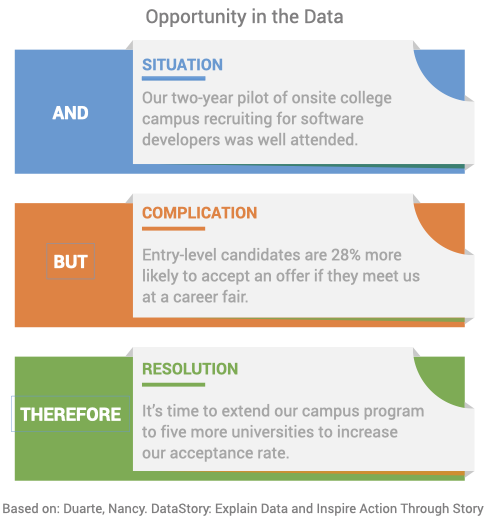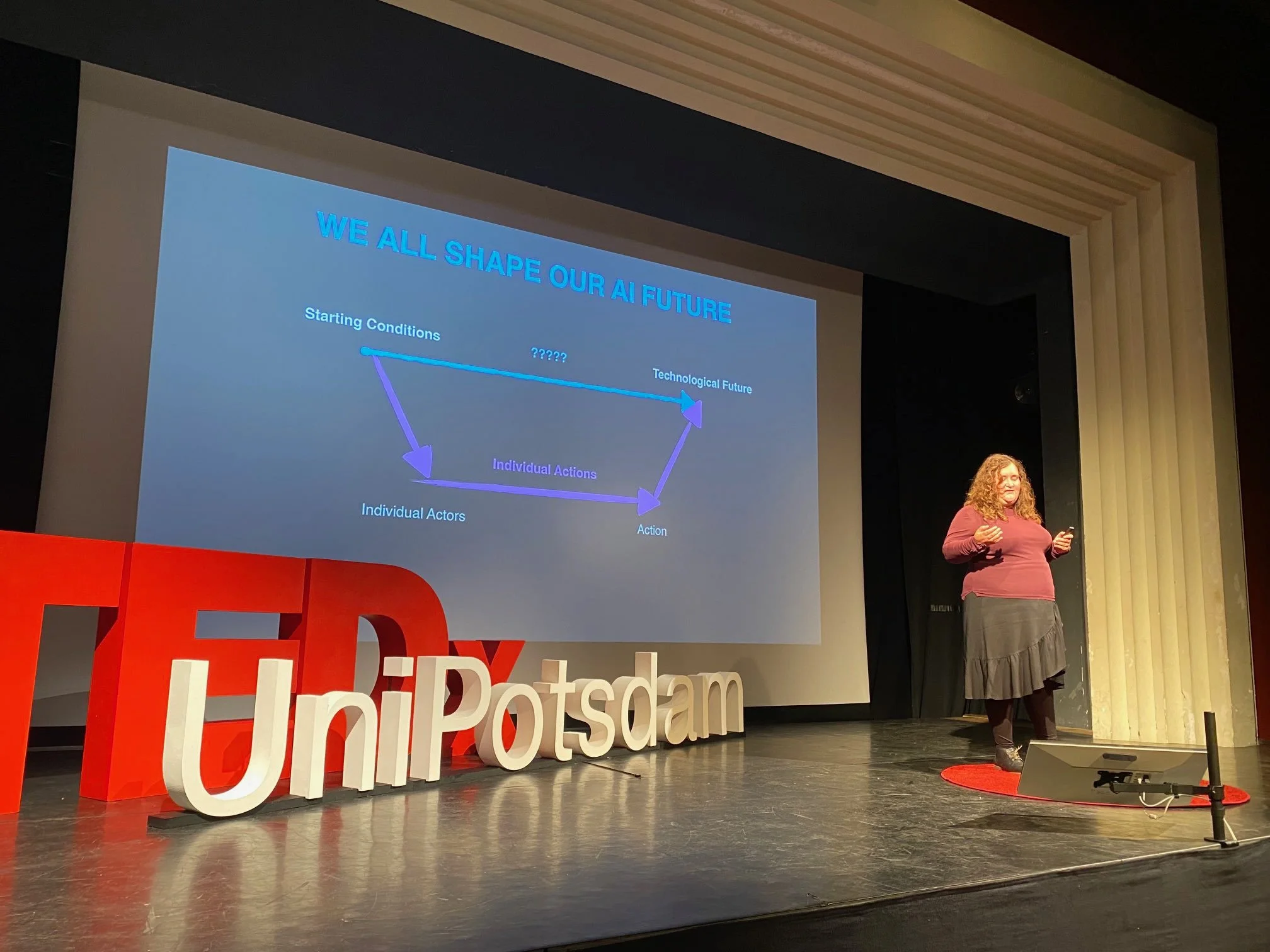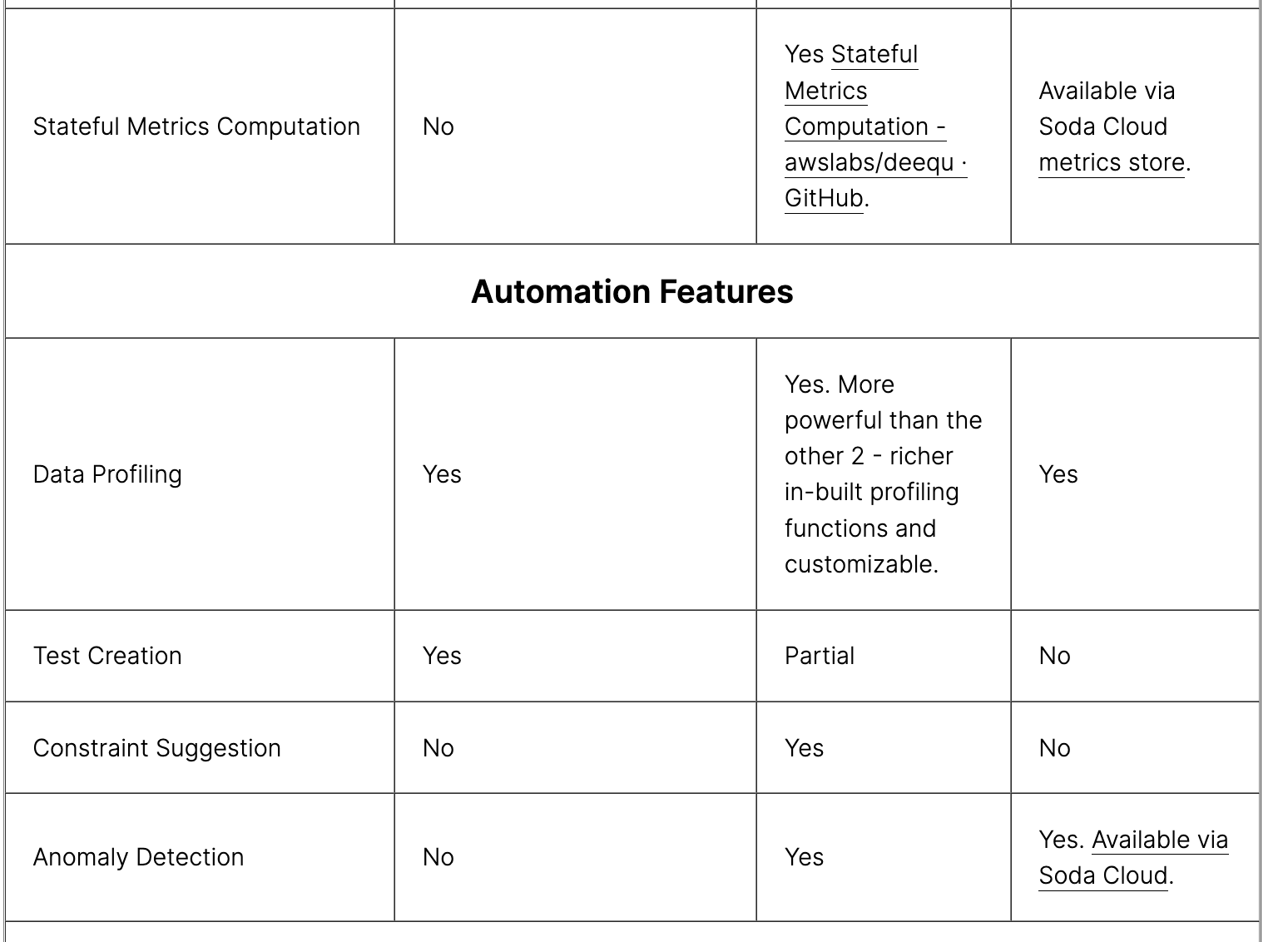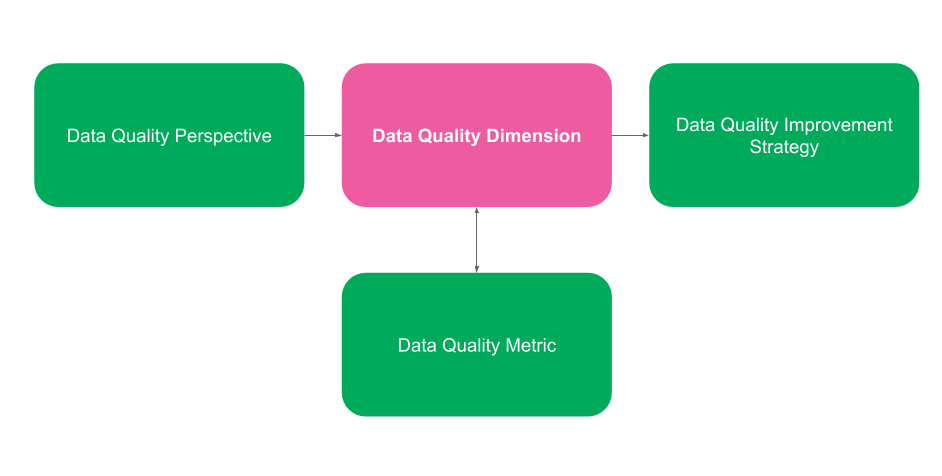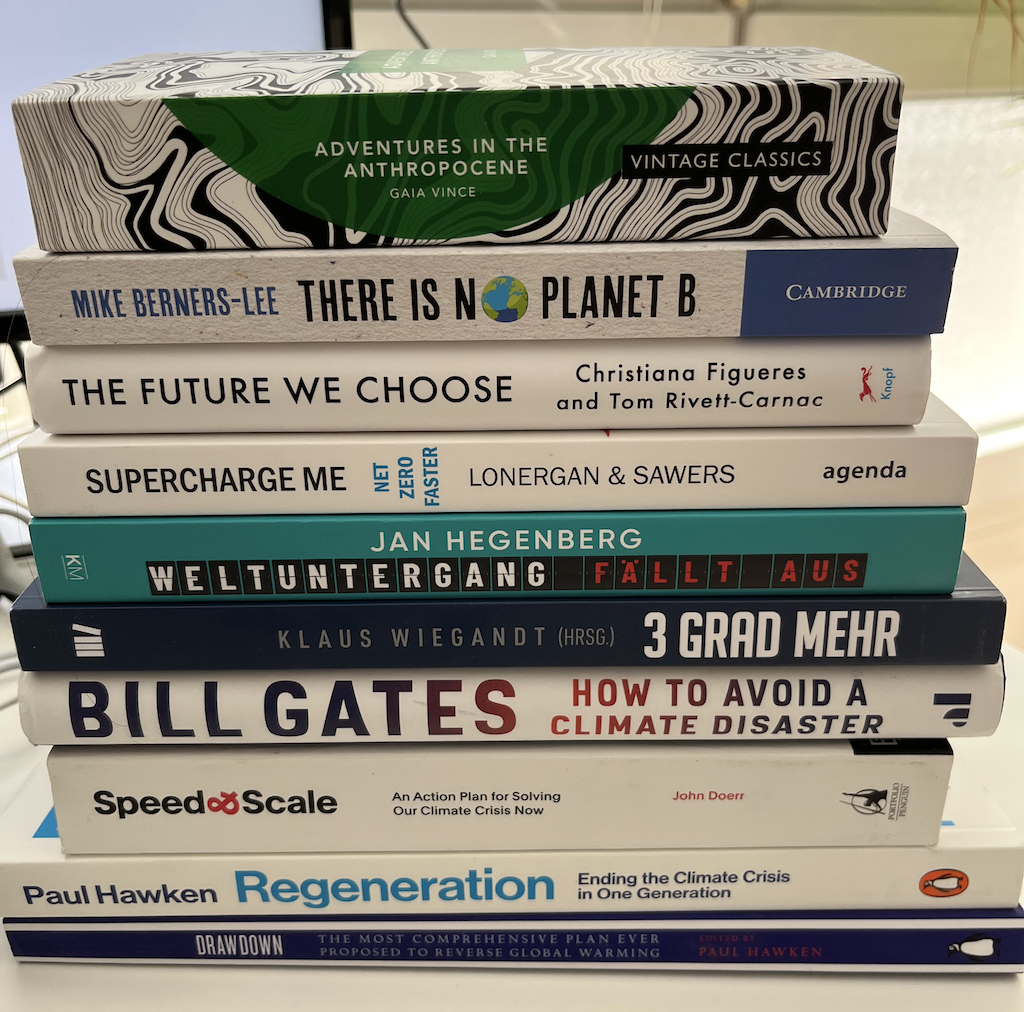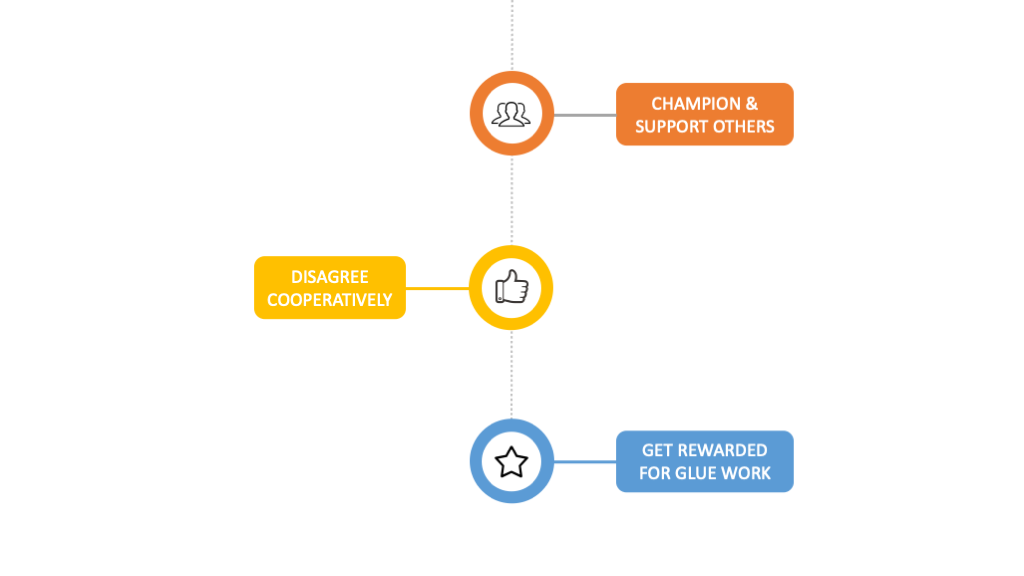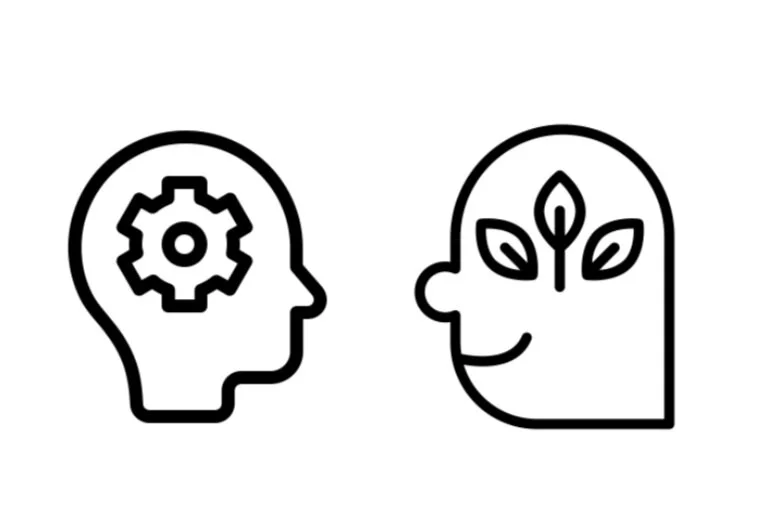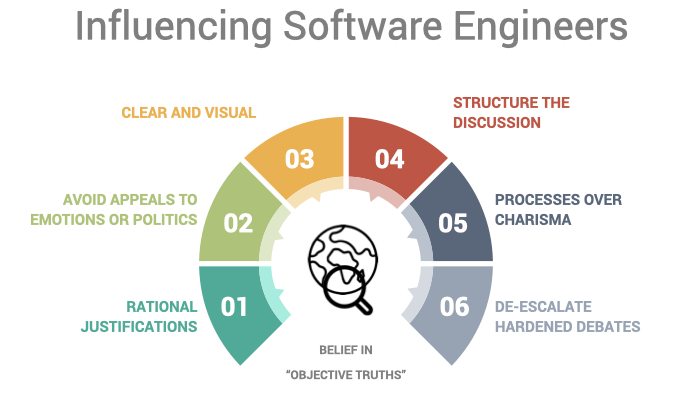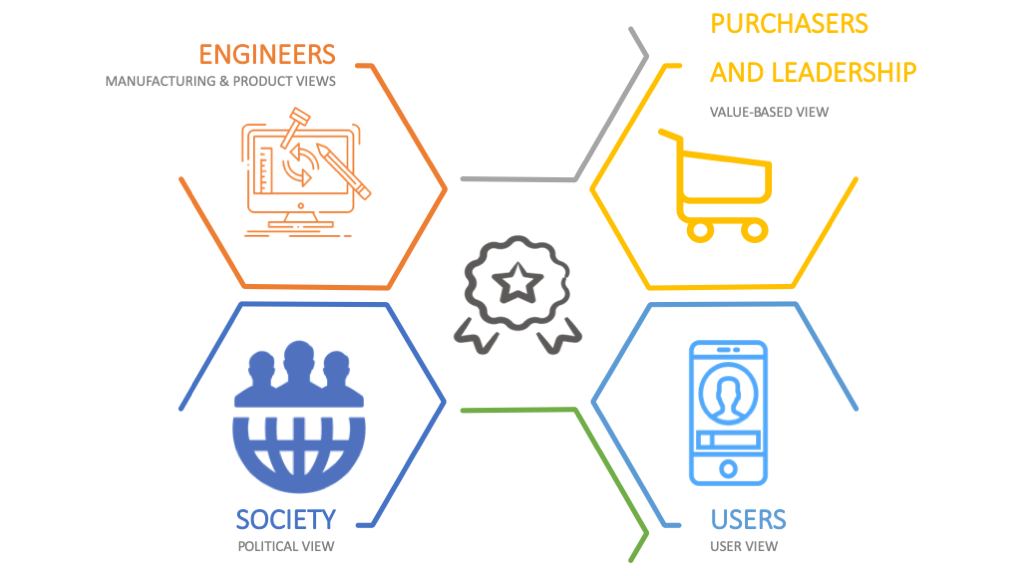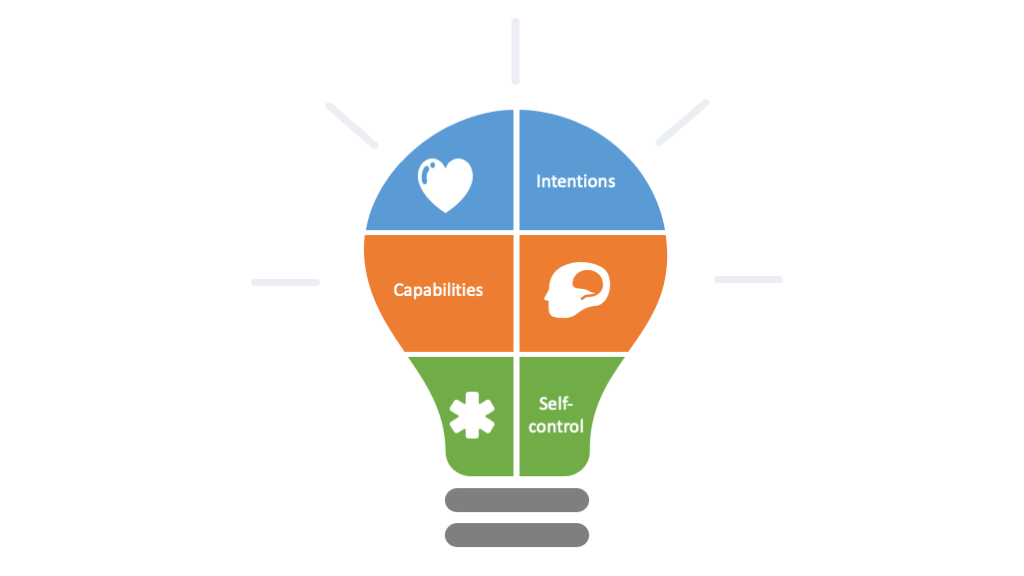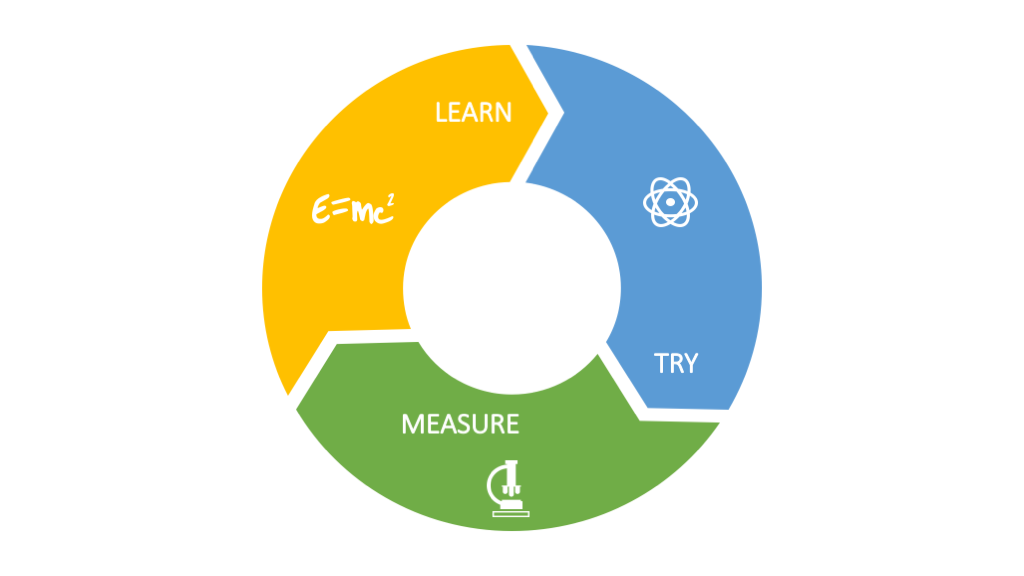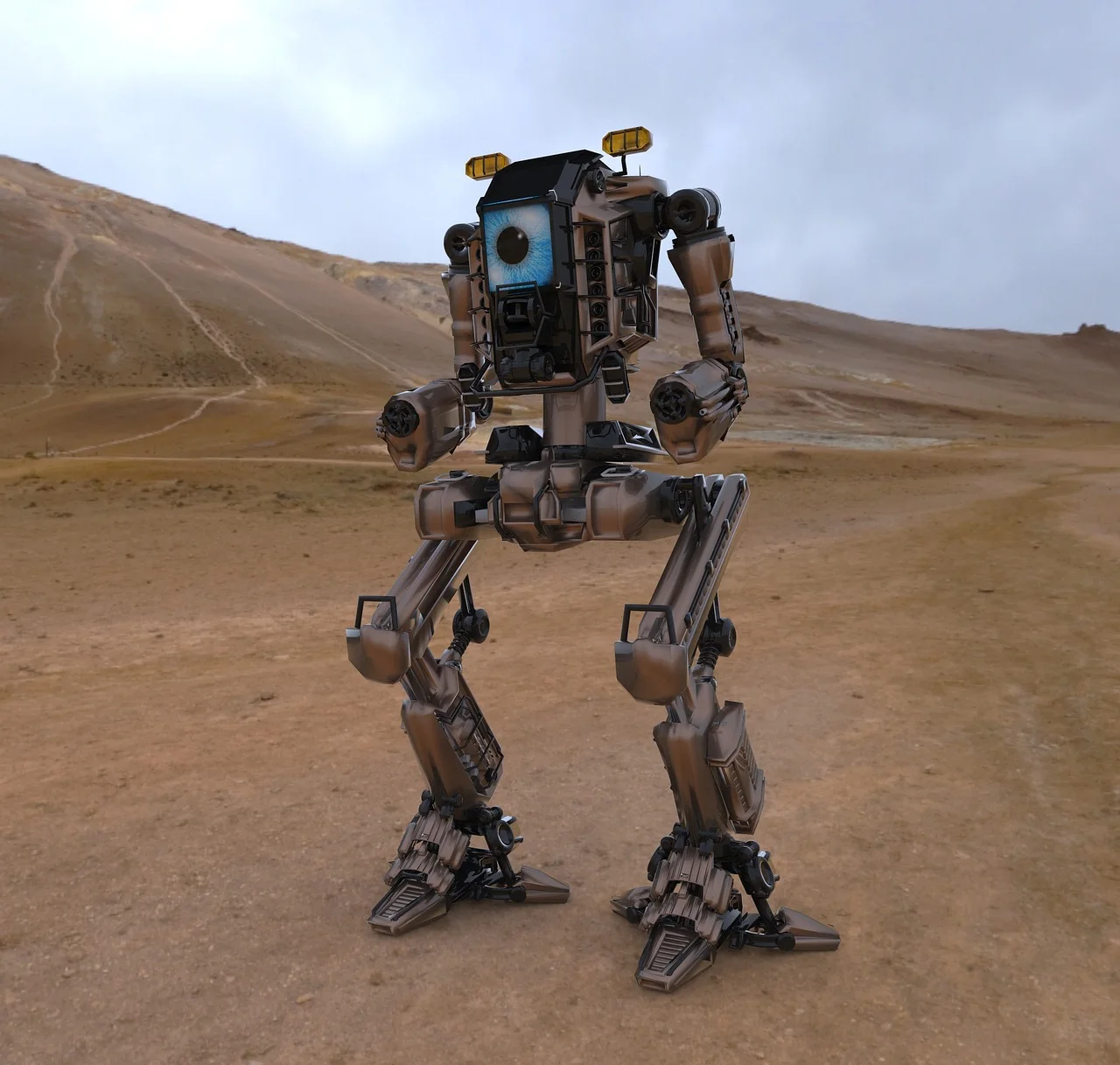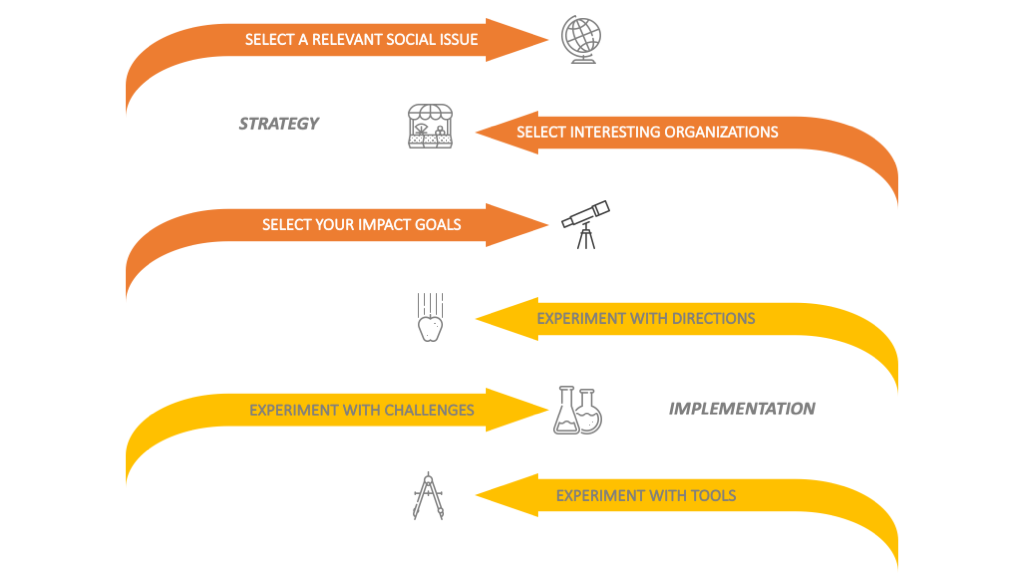Want to learn, but lack excitement? Turn any topic into a fun “treasure hunt”
Have you ever found yourself trying to learn something more than once in your life, with very different outcomes? This article reveals one of the missing pieces to fun and effective learning.
How to Tell Stories with Data for Fun and Profit
Where other analysts in the team lamented their lack of influence on the business over drinks, he was loved by our product and growth teams. And senior leaders trusted him. His secret: He understood our product inside-out and was intensely passionate about making it better. That passion pushed him to consistently turn his analytical findings into concrete, simple proposals and argue for them persuasively.
How I learned confidence by trusting what I already know
Coming out of it, I felt ready to take on any public speaking challenge thrown at me. And opportunities to apply my learning started to come in over the following months. My first paid speaking engagement. Coaching Ultraspeaking students as a side gig. A TedX talk.
Data quality: the Achilles heel of data products
Data engineers are becoming more data quality aware, and more DQ frameworks pop up. Before I left Thoughtworks, I co-wrote a post with my colleague Kunal Tiwari comparing different DQ frameworks. We also discuss how to figure out which one fits your needs
How I learned to love touchy political discussions at the family table
My grandma grew up in Nazi Germany. She was, like most German girls at the time, a member of the BDM, the Nazi youth organization for girls. My mom grew up in socialist East Germany. She was, like most East German girls at the time, a member of the FDJ, the communist youth organization. I grew up in democratic reunified Germany. I was not a member of any youth organization.
I love both of them dearly, but our politics to this day diverge widely. For decades, every family gathering would turn into a political fight. Until I tried something different.
How much can you trust your data?
Data is the fuel for intelligent decision-making for both humans and machines. Just like high quality fuel ensures that jet engines run efficiently and reliably in the long run, high quality data fuels effective and reliable decision-making.
In my post on Thoughtworks’ blog, I explored what data quality is, and how we can assess it as a step towards ensuring high quality data.
How 20 years of university taught me to appreciate the world from contradictory angles
The whole debate about “free will” felt bewildering. How could we be so uncertain about something so fundamental to our existence? How can generations of smart people reach so many completely different conclusions about the same question? To 22-year-old me, that whole debate quickly turned into existential quicksand.
I keep thinking about that seminar when I get asked about my motivation to continue studying, 12 years after I graduated from my first M.Sc. in Computer Science.
Can we cancel the climate apocalypse? Pt 1: Scaling clean tech and clean energy
It's been too hot for the last few months. The drought scares me. The unstable temperatures scare me.
Until recently, I felt that we were heading towards unavoidable climate doom. I used to believe that the efforts needed to cut our carbon emissions were too hard to achieve, and thus futile. Until recently.
Let’s Talk About Followership!
Leadership is currently overhyped — you can’t lead if nobody is willing to follow you. Following is not trivial, as any dancer will tell you: it is a mirror art to leading. In fact, we spend most of our career following. So getting good at that matters more than getting better at leading. But outside of dancing, being a good follower is rarely taught or even appreciated. This needs to change!
This blog post was co-written with my awesome friend, ML engineer Duana Stanley
Let's Graduate From "Coding by the Rules"!
I have a confession to make: I rarely read, let alone finish, books about software development.
I used to feel very guilty about my apparent inability to learn from our body of "professional wisdom". But nowadays, I believe these means of learning are not very helpful, and might even be harmful.
Here, I explore an often overlooked way of learning and doing software development.
How to Influence Software Engineers
“Are there good rules of communication I should be aware of when I'm communicating with engineers?” I recently got this question from a designer, a new subscriber to my newsletter. It is a question I keep asking myself as well.
Influencing is a crucial part of collaborating with others effectively. Without it, we would rarely arrive at the same page and head in the same direction. We cannot not influence, we can just do it more or less effectively. Here I share some of my observations on how to influence developers.
Cashing In The Promises Of Diversity: A Hidden Challenge
Practitioners in fields like data science or software engineering need to work with experts in many fields. The advice we often get is to communicate in the other experts’ language or find some kind of “pidgin“ that works for everyone.
From my experience, that advice is not enough. The differences begin already in how we perceive a situation, not just how we communicate our conclusions about it.
Do You Want Your Tech Profitable, Ethical, Useful or Reliable?
Back in 2007, one of my computer science professors asked the class: „What is good software“? "Reliable!“, "Interesting to build!“, "Financially successful!“. Back then, I was wondering: "Who of us is right?"
More than a decade later, I have learned that these different answers are at the heart of some of the most enduring conflicts in how technology is built and used. I also learned how these conflicts are consistently decided, and why. And sometimes, that scares me.
Add Three Tablespoons of Data Science, Stir Gently
What happens when you apply data science to social or business challenges? What factors will help to make such projects successful?
10 Things I Learned About How to Have a Positive Impact as a Data Scientist
In the first two parts of this mini-series, I outlined how you can develop your own approach for having a positive social impact as a data scientist by experimenting. Here is what I learned in the last 15 years from conducting such experiments.
Experiment to Discover Your Positive Social Impact
In this blog post, I dig deeper into how we can run experiments that yield insights into how we can have a positive social impact as data scientists.
Don’t Worry About AI Taking Over the World One Day. Worry About How It Is Used Today
Elon Musk, Bill Gates, Stephen Hawking, Steve Wozniak, and many others have famously raised alarm about AI posing an existential risk to humanity. That sounds dramatic.
However, I believe this whole debate about existential risks to humanity coming from AI is a huge distraction.
Want to Have a Positive Social Impact as a Data Scientist?
As a community, we know we can contribute more than just doctoring startup growth numbers or optimizing ad clicks. But how?
What kind of impact is meaningful to us is a deeply personal question, so there will be no one-fits-all answer.
How Can Data Science Contribute to Social Good? A Curated Link List
There is a heated debate raging on whether AI and data science do more to help or harm society. My link list introduces optimistic, pessimistic and pragmatic voices on this topic.

